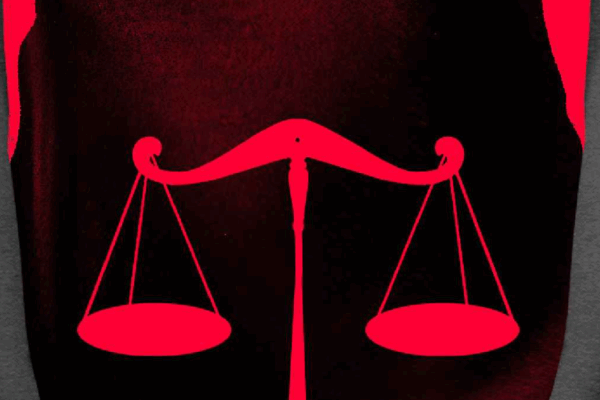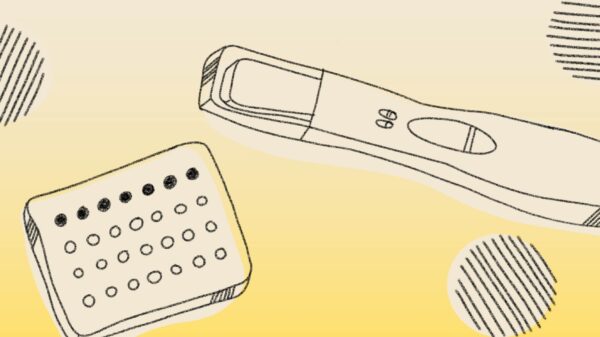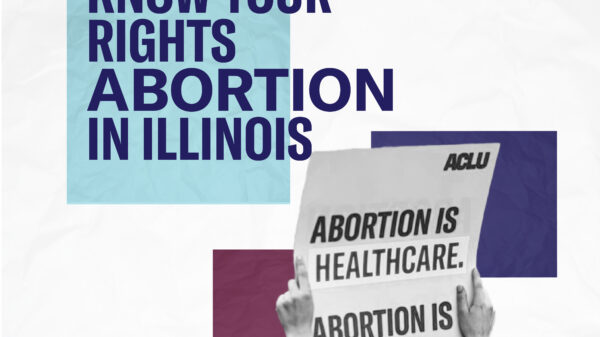By Margaret Wurth, Human Rights Watch
As a researcher at Human Rights Watch, I’ve spoken with people in many different countries confronting the devastating impacts of abortion restrictions. Women in Brazil, Honduras, and the Dominican Republic who faced unwanted pregnancies but could not access safe and legal abortion because it is illegal in most – or all – circumstances. Attorneys in Ecuador who represented women facing jail time for suspected abortions.
Most recently, I spoke with people in Illinois who have seen firsthand the devastating effects of an abortion restriction that puts young people at risk. The Parental Notice of Abortion Act (or PNA) forces anyone under 18 seeking abortion care to involve an adult family member. Young people unable to involve one of the law’s narrow group of qualifying adults must go to court and ask a judge for permission to have an abortion without family involvement, in a difficult and sometimes traumatizing process known as “judicial bypass.”
Over the past year, Human Rights Watch collaborated with the ACLU of Illinois to investigate the impacts of PNA. We looked at data on the experiences of 192 young people who went through judicial bypass in recent years, and interviewed 37 people in Illinois, including attorneys, healthcare providers, a retired judge, and others. We published our findings in a recent joint report.
The report documents cases of young people who were unable to pursue judicial bypass or found the process too daunting, and as a result had to continue unwanted pregnancies against their wishes or involve unsupportive or even abusive adults who threatened their safety, interfered in their decision-making, and humiliated them. Even when young people are able to navigate the judicial bypass process, it is burdensome and delays their access to abortion care. Appearing before a judge to request permission to see through an abortion decision is highly stressful for young people.
The report shows how the burden of the PNA law in Illinois disproportionately falls on Black, Indigenous, and other young people of color, who constitute the majority of those who went through judicial bypass in recent years.
Our research on the effects of Illinois’ parental involvement law echoed the haunting stories I’d heard when researching abortion restrictions in other countries. People forced to continue unwanted pregnancies against their wishes because they could not access the care they needed. People finding themselves in court to speak about deeply personal decisions about their bodies and lives. Black, Indigenous, and other people of color disproportionately harmed.
Harsh abortion restrictions – whether they force parental involvement, ban abortions after a certain point, ban some abortion methods, restrict access based on the reason for an abortion, or require an ultrasound or a waiting period – all have similar effects. They threaten the health and lives of pregnant people, and delay and obstruct access to health care.
Safeguarding reproductive rights in Illinois is more important than ever. With a conservative majority on the Supreme Court, antiabortion groups across the United States are working hard to dismantle the constitutional right to access abortion established by Roe v. Wade. According to the Guttmacher Institute, “So far in 2021, antiabortion lawmakers have been introducing new legislation in overwhelming numbers: 384 antiabortion provisions introduced in 43 states through February.”
Illinois has an opportunity to do away with the harmful PNA law during the current legislative session. Bills championed by Senator Elgie Sims, Jr., in the Senate and Representative Anna Moeller in the House – SB 2190/HB 1797 – would repeal PNA. Illinois leaders have repeatedly affirmed their commitment to protecting reproductive rights in the state.
Repealing PNA is essential to fulfilling that commitment.
Margaret Wurth is a senior researcher at Human Rights Watch.



